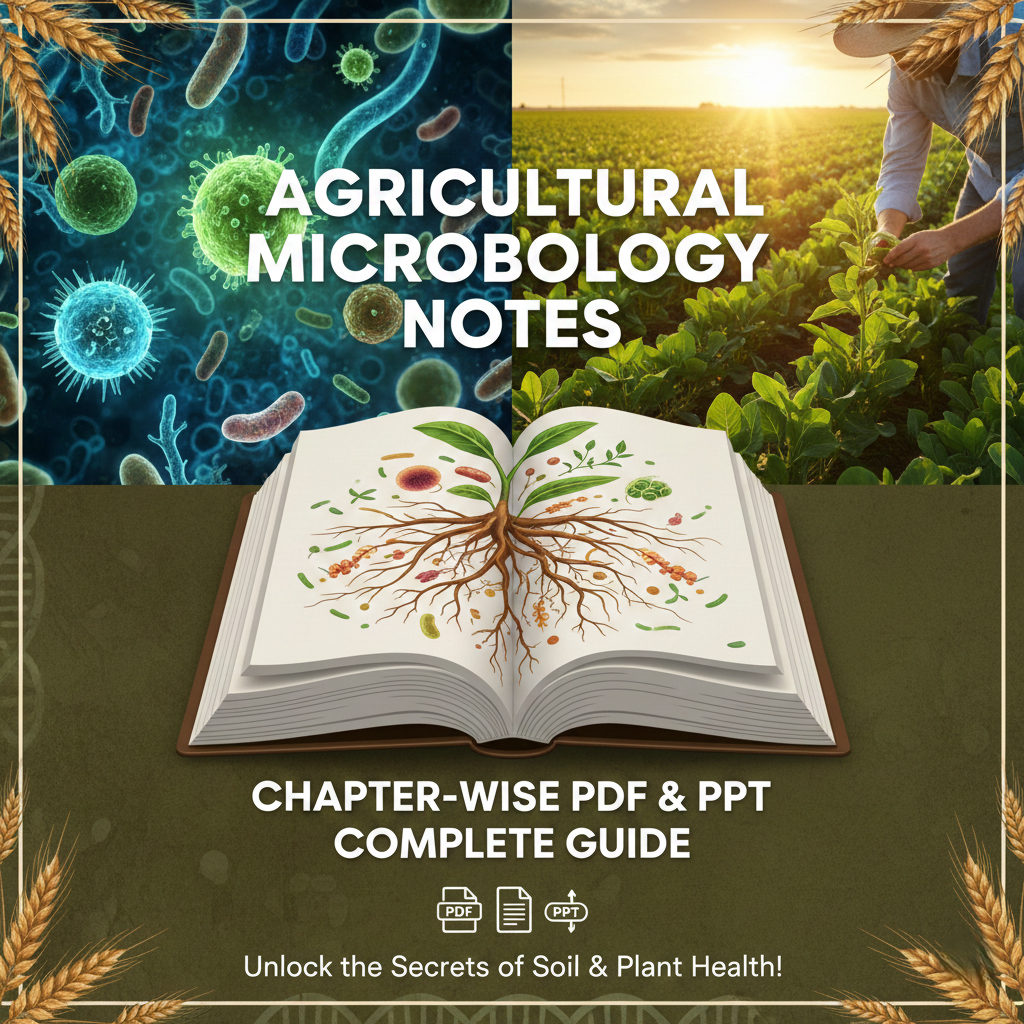The Tripura Public Service Commission (TPSC) Agriculture Officer (AO), TAFS Gr-I, Group-B Gazetted post recruitment involves a written examination followed by an interview/personality test. Below are the details for the exam pattern and syllabus based on the latest available information from TPSC and related sources.
Exam Pattern for TPSC Agriculture Officer
The TPSC AO selection process consists of two stages:
- Written Examination:
- Type: Objective-type Multiple Choice Questions (MCQs).
- Total Marks: 180 marks.
- Duration: 3 hours (180 minutes).
- Sections:
- Part I: English & General Knowledge (30 marks).
- Part II: Agriculture (150 marks).
- Negative Marking: 0.25 marks deducted for each incorrect answer.
- Purpose: The written exam tests candidates’ knowledge in agriculture, general awareness, and English proficiency.
- Interview/Personality Test:
- Total Marks: 20 marks.
- Purpose: Assesses the candidate’s personality, communication skills, and suitability for the role.
- Final Selection: The merit list is prepared by combining marks from the written exam (180 marks) and interview (20 marks), following the 100-point roster system as per Government of Tripura rules.
Total Marks for Selection: 200 marks (180 written + 20 interview).
Note: The written exam is a screening test, and only those who qualify are called for the interview. The exam date for the 2025 recruitment (Advt. No. 21/2025) has not been announced yet, but candidates should monitor the official TPSC website (tpsc.tripura.gov.in) for updates on admit cards and schedules.careerpower.in
Syllabus for TPSC Agriculture Officer
The syllabus is divided into two parts, as per the official notification and related sources. Below is the detailed syllabus:
Part I: English & General Knowledge (30 Marks)
- English:
- Synonyms and Antonyms.
- Use of common Phrases & Idioms.
- Use of appropriate Prepositions and Articles.
- Comprehension.
- Ordering of words in a sentence.
- Ordering of sentences.
- Spotting errors.
- Use of appropriate and qualifying words.
- General Knowledge:
- Current Affairs (national and international).
- Indian Polity and Economy:
- Basic features of the Indian Constitution.
- Fundamental Rights and Duties.
- Panchayati Raj and Community Development.
- Geography of India and Tripura:
- Physical, Social, and Economic Geography.
- Natural resources of Tripura (soil, forest, water, power).
- History & Culture of Tripura:
- History from 1857 to 1949.
- Tribes, Languages, Customs, Festivals, and Historical Sites.
- General Science and Environment:
- Basic understanding of science and environmental issues.
- Information & Communication Technology (ICT) awareness.
Part II: Agriculture (150 Marks)
The agriculture section covers topics relevant to agricultural science, agro-climatic conditions, and modern farming practices. The detailed syllabus includes:
- Agroecology and Crop Distribution:
- Physical and social environment as factors of crop distribution and production.
- Agroecology and cropping patterns as indicators of environments.
- Cropping patterns in different agro-climatic zones of India and Tripura.
- Environmental Issues:
- Environmental pollution and its hazards to crops, animals, and humans.
- Climate change: International conventions and global initiatives.
- Greenhouse effect and global warming.
- Soil Science:
- Soil formation, classification, and properties.
- Soil fertility and nutrient management.
- Soil conservation techniques.
- Soil and water management in Tripura’s agro-climatic conditions.
- Crop Production:
- Principles of crop production and management.
- Major crops of India and Tripura: Cereals, pulses, oilseeds, fiber crops, and horticultural crops.
- Seed technology and seed production.
- Cropping systems and integrated farming systems.
- Horticulture:
- Cultivation of fruits, vegetables, ornamental plants, and plantation crops (e.g., tea, rubber).
- Post-harvest technology and value addition.
- Nursery management and propagation techniques.
- Plant Protection:
- Pests, diseases, and weed management.
- Integrated Pest Management (IPM).
- Pesticides: Types, application, and safety measures.
- Agricultural Engineering:
- Farm machinery and equipment.
- Irrigation and drainage systems.
- Renewable energy in agriculture.
- Agricultural Economics and Extension:
- Farm management and production economics.
- Agricultural marketing and price policies.
- Extension education and communication methods.
- Role of Self-Help Groups (SHGs) and cooperatives in agriculture.
- Animal Husbandry and Fisheries:
- Basics of livestock management and fodder production.
- Fisheries development in Tripura.
- Integrated farming systems involving livestock and fisheries.
- Agro-Climatic Conditions of Tripura:
- Knowledge of Tripura’s agro-climatic zones.
- Adaptation of crops and farming practices to local conditions.
- Traditional and modern farming practices in Tripura.
Additional Notes:
- Candidates are expected to have practical knowledge of Tripura’s agriculture, including its agro-climatic conditions and the ability to communicate in Bengali or Kokborok (desirable qualification).careerpower.in
- The syllabus emphasizes both theoretical and applied aspects of agriculture, with a focus on Tripura’s specific needs.
Preparation Tips
- Official Resources:
- Download the official syllabus and exam pattern from tpsc.tripura.gov.in.shomish.com
- Refer to previous year question papers available on the TPSC website or platforms like ixambee.com or jagranjosh.com to understand question trends.ixambee.comjagranjosh.com
- Study Materials:
- Agriculture: Books like “Fundamentals of Agriculture” by Arun Katyayan, “Horticulture at a Glance” by Salaria & Salaria, and ICAR textbooks.
- General Knowledge: Read newspapers (e.g., The Hindu, Tripura Times), Lucent’s General Knowledge, and Tripura-specific GK books.
- English: Practice with books like Wren & Martin’s High School English Grammar or Objective General English by S.P. Bakshi.
- Practice:
- Solve TPSC AO previous year papers to improve time management and identify weak areas.testbook.com
- Take mock tests to simulate exam conditions.
- Tripura-Specific Knowledge:
- Study Tripura’s geography, culture, and agricultural practices. Resources like the Tripura Government’s Agriculture Department website or local publications can help.
- Current Affairs:
- Stay updated on agriculture-related policies, climate initiatives, and Tripura-specific news through online portals or apps like Testbook.cheggindia.com
Additional Information
- Vacancies: For 2025, TPSC announced 136 vacancies for Agriculture Officer (Advt. No. 21/2025), with 33% reserved for women.careerpower.in
- Eligibility:
- Bachelor’s Degree in Agriculture or Horticulture from a recognized university.
- Maximum age: 40 years as of 20-08-2025 (relaxable by 5 years for SC/ST/PH candidates).
- Desirable: Knowledge of Tripura’s agro-climatic conditions and proficiency in Bengali or Kokborok.careerpower.in
- Application Process:
- Apply online via tpsc.tripura.gov.in from 24th July 2025 to 20th August 2025.
- Application fee: Rs. 350 for unreserved candidates (relaxations apply for reserved categories).testbook.com
- Salary: Pay scale of Rs. 10,230–34,800 with Grade Pay of Rs. 4,800 (Level 13).careerpower.in
For the latest updates, regularly check the TPSC official website (tpsc.tripura.gov.in) or trusted platforms like testbook.com or careerpower.in.testbook.comcareerpower.in








